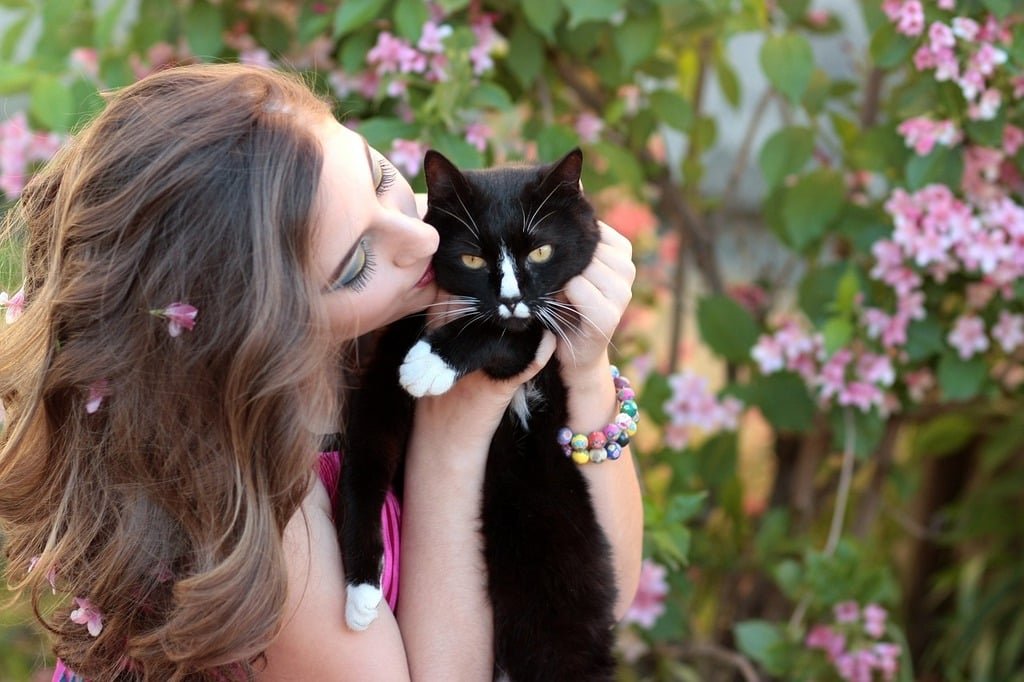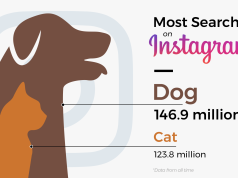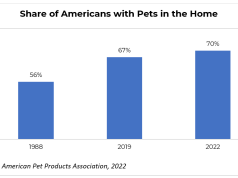Learn how to be a responsible and caring cat owner with our comprehensive guide. Discover key guidelines for being a good cat owner and providing the best possible care for your feline pet.
Table of Contents
Introduction to Being a Good Cat Owner
Becoming a responsible cat owner involves more than just providing food and shelter. Cats are independent yet affectionate animals that require specific care to thrive. Ensuring their well-being involves creating a safe and stimulating environment, providing proper nutrition, maintaining their hygiene, understanding their behaviour, and attending to their health needs. By following these tips, you can foster a healthy, happy, and fulfilling life for your feline friend.

Creating a Safe and Stimulating Environment for Your Cat
Providing a Comfortable Living Space
Cats need a safe and comfortable living space where they can relax and feel secure. Ensure your home has cosy resting spots, such as cushioned beds or blankets. Elevated areas, like shelves or cat trees, give cats a vantage point to observe their surroundings, making them feel safe and engaged. Make sure the environment is free from hazards like toxic plants, small objects that can be swallowed, or exposed wires.
Enrichment and Playtime
Cats are naturally curious and active creatures that need mental and physical stimulation. Provide a variety of toys to keep them engaged, such as interactive toys, feather wands, and puzzle feeders. Regular playtime helps prevent obesity, reduces stress, and strengthens the bond between you and your cat. Additionally, consider creating an enriching environment by setting up scratching posts, climbing structures, and hiding spots to satisfy their instincts.
Nutrition and Feeding Guidelines for Cats
Choosing the Right Cat Food
Selecting the correct food for your cat is critical to their health. Choose high-quality cat food that has a balanced diet of proteins, lipids, vitamins, and minerals. Cats are obligate carnivores, which means their diet should include animal-based proteins. Consult your veterinarian to determine the best food options for your cat’s age, health condition, and lifestyle.
Feeding Schedule and Portion Control
Establishing a consistent feeding schedule is important for your cat’s digestive health. Most adult cats do well with two meals a day, while kittens may need more frequent feeding. Portion control is essential to preventing obesity. Follow the feeding guidelines provided on the cat food packaging and adjust based on your cat’s weight and activity level. Avoid free-feeding, as it can lead to overeating and weight gain.
Grooming and Hygiene
Brushing and Bathing
Regular grooming is vital for your cat’s health and well-being. Brushing your cat helps remove loose fur, reduces shedding, and prevents hairballs. The frequency of brushing depends on your cat’s coat length; long-haired breeds may require daily brushing, while short-haired cats can be brushed weekly. While most cats groom themselves, occasional baths can be necessary, especially if your cat gets into something dirty or has a skin condition. Use cat-specific shampoos and ensure the water is lukewarm to avoid causing stress.
Litter Box Maintenance
Maintaining a clean litter box is essential for your cat’s hygiene and comfort. Scoop the litter box daily and replace the litter regularly to keep it fresh. Choose a litter that your cat prefers, and place the litter box in a quiet, accessible location. A clean litter box encourages proper bathroom habits and reduces the risk of urinary tract infections.
Healthcare and Regular Veterinary Visits
Routine veterinary visits are crucial for monitoring your cat’s health and catching any issues early. Schedule annual check-ups and keep up with vaccinations, flea and tick prevention, and dental care. Regular vet visits help ensure your cat remains healthy and allow for early detection of any potential health problems.
Understanding Your Cat’s Behavior and Communication
Cats communicate through a variety of behaviours and vocalizations. Understanding their body language and vocal cues can help you respond to their needs and build a stronger bond. For instance, purring often indicates contentment, while hissing or growling can signal fear or discomfort. Pay attention to changes in behaviour, as they can be signs of underlying health issues or stress.

Spaying/Neutering and Responsible Breeding Practices
Spaying or neutering your cat is an essential part of responsible pet ownership. These procedures prevent unwanted litter and reduce the risk of certain health issues and behavioral problems. If you choose to breed your cat, ensure it is done responsibly, with a focus on health and well-being, and not for profit. Always consult with a veterinarian to understand the implications and responsibilities involved in breeding.
Read More: A Beginner’s Guide to Best Cat Care Tips for New Pet Owners
Conclusion
Being a good cat owner requires commitment, knowledge, and a genuine love for your pet. By creating a safe environment, providing proper nutrition, maintaining hygiene, understanding their behavior, and ensuring regular healthcare, you can ensure your cat lives a happy and healthy life. Responsible pet ownership is rewarding, and your efforts will be reflected in the well-being and happiness of your feline companion.










